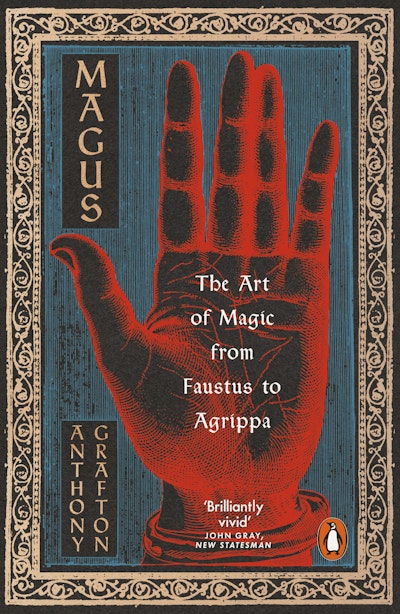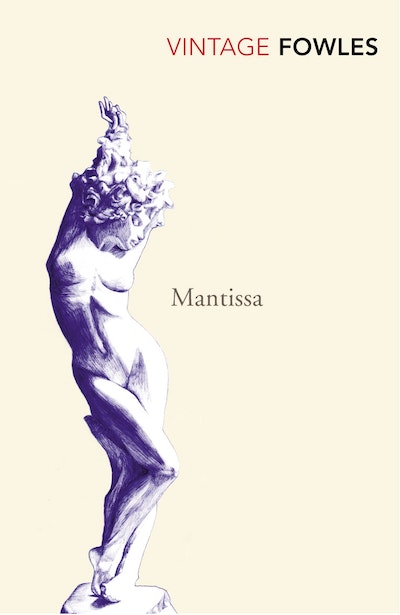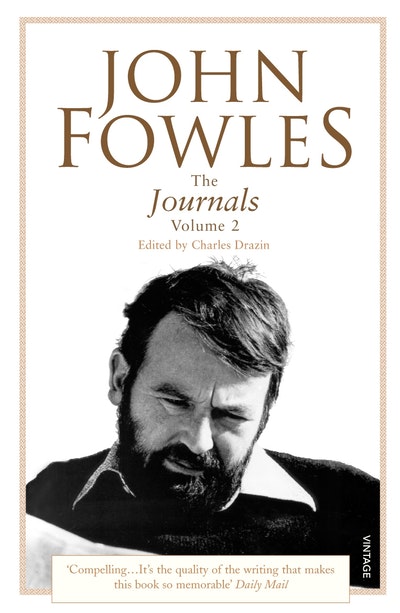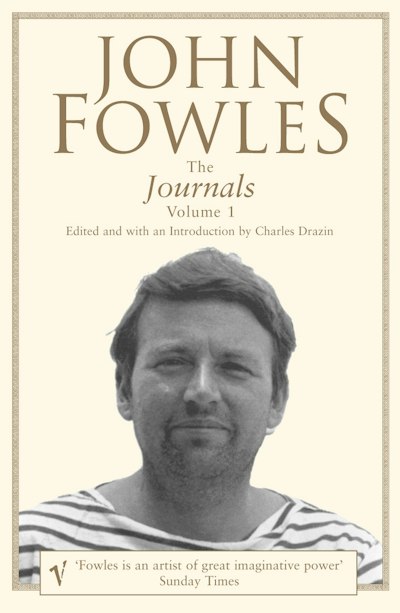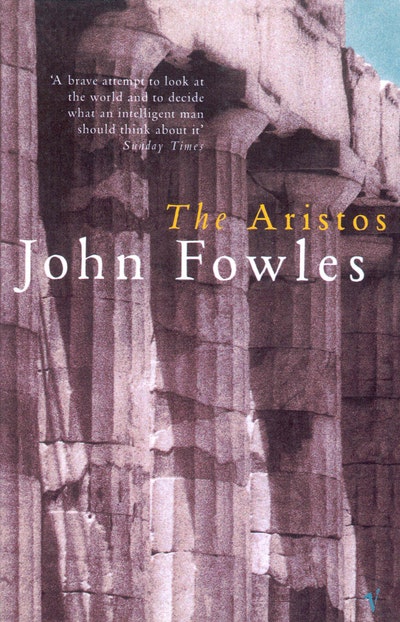- Published: 8 April 2025
- ISBN: 9780140276916
- Imprint: Penguin Press
- Format: Paperback
- Pages: 304
- RRP: $30.00
Magus
The Art of Magic from Faustus to Agrippa
- Published: 8 April 2025
- ISBN: 9780140276916
- Imprint: Penguin Press
- Format: Paperback
- Pages: 304
- RRP: $30.00
‘The magi were tricksters and con artists, unemployed students or priests, members of monastic orders, artists and occultists who shared the belief that knowledge could transform the world. They were the crucible in which science was formed … Magus is a brilliantly vivid exercise in intellectual history, as told through the biographies of the early modern magi, which will stir the thoughts of everyone who reads it … The implication of Grafton’s mind-changing book is that our age of science may be one of the most extreme periods of magical thinking in history’
John Gray, New Statesman
‘Grafton is a learned cultural historian who for decades has studied how people came to understand themselves through gathered knowledge in what we might call the first information age in Europe – the period between the mid-15th and mid-17th centuries … In a sense this is a book about the beginning of science … enlightening … one comes away … strangely grateful that when it comes to the human passion for discovery, there is nothing new under the sun’
Erica Wagner, Sunday Times
‘A serious yet accessible account of learned magic’
Dennis Duncan, Guardian
‘A solidly argued look at an intellectual movement that is too often sensationalised’
Suzi Feay, Spectator
‘Magus: The Art of Magic from Faustus to Agrippa sheds light on the golden age of occult writing’
Christopher Howse, Sunday Telegraph
